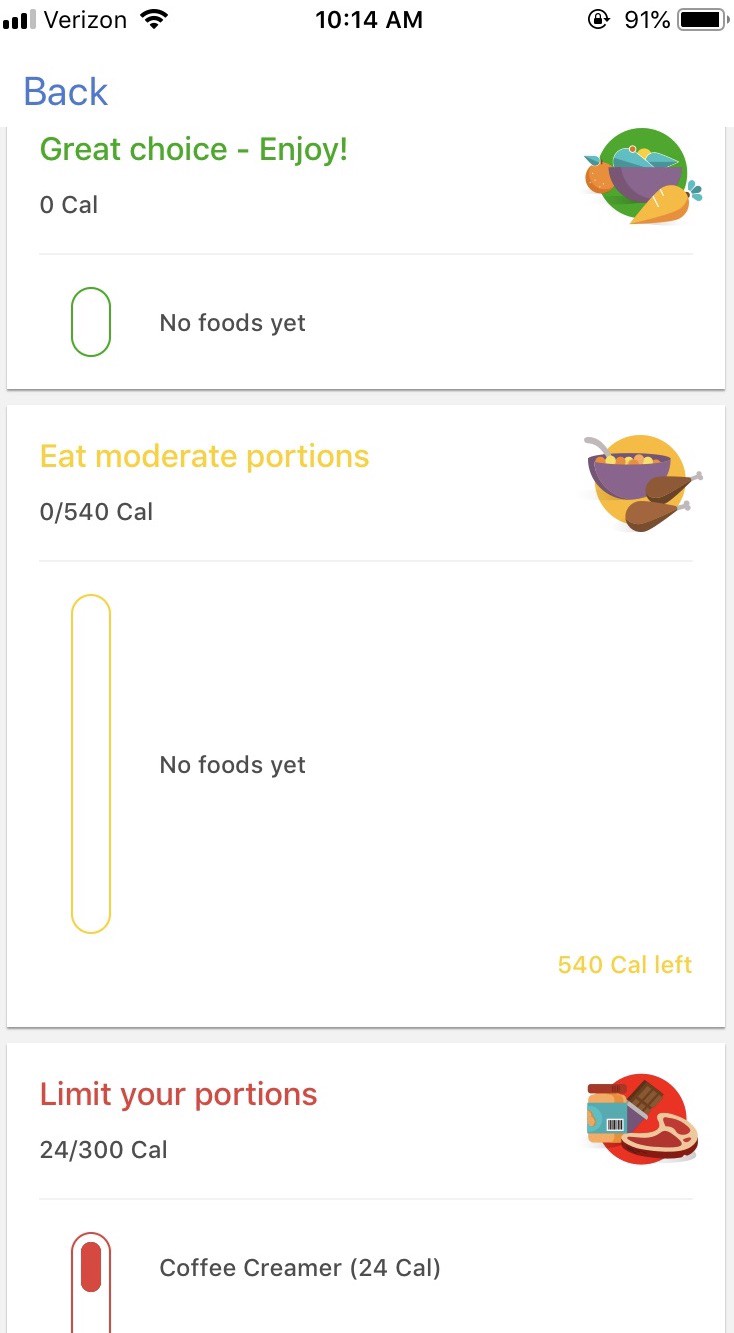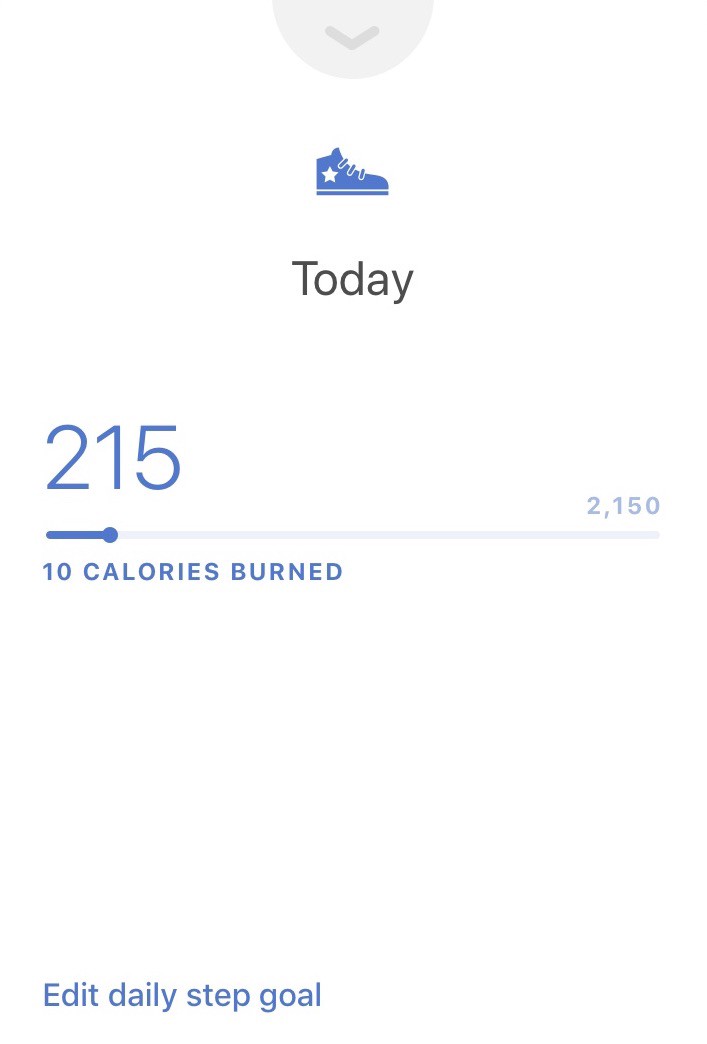3 Tips to Keep You Motivated in 2020
The first month of 2020 is nearly over. How are you doing on your New Year’s Resolutions?
Personally, I am not one for New Year's resolutions. It is too much pressure and the hype usually begins to wear off about now. Today I am going to share with you three tips to keep you motivated all year long.
1. Renew your goals on a cadence that works for you.
Set it and forget it? No way. Goals require a commitment and if you want to be successful, you should build check-ins — you’ll track progress and adjust as needed. Personally, I renew my goals on a monthly cadence with each new moon. Need more accountability? Do it weekly. Less? Try quarterly. Do what works for you.
2. Break your goals down to fun-size.
A behavioral principle I tend to follow is less effort, more behavior. I am more likely to achieve something if the goal is attainable. Achieving can be fun when you are meeting your goals. For example, let’s say you want to work out 5 days per week in 2020. If your baseline for weekly workouts is currently 0 workouts/week, I would suggest the following plan of action:
January-March: 2 workouts/week
April-June: 3 workouts/week
July-September: 4 workouts/week
October-December 5 workouts/week
At first glance, this does not look scary or daunting — it looks doable! By breaking your goals down — they become doable. You do the desired behavior over and over while slowly increasing the effort. This creates a habit and a lasting behavior change. Simple, but effective.
3. Set up nudges to help you win.
What’s a Nudge? To put simply …
A nudge is an easy intervention that alters people's behavior in a predictable way without making something off-limits (Nudge: Improving Decisions About Health, Wealth, and Happiness).
Think of it as a gentle reminder to help you succeed. It could be something as simple as putting your healthy snacks in the front of the pantry so you see those first, or keeping a checklist on your phone or in your planner (like me). Ultimately, it should be designed to help keep your goals top of mind.
And don’t be shy of using technology — we’re seeing nudges in all types of apps these days. An awesome example is Noom — I’m using it as part of my 2020 goal to make better food choices and move more.

As a behavioral science subject matter expert, I want to double click into nudges and geek out over Noom. They are excelling on the nudge front. Let me show you how they are nudging me towards my best self.
A Quick Review of Noom
Better Food Choices

Noom makes eating healthy easier through awareness by categorizing your foods into three colors — green, yellow, and red.
Green — They gently nudge you toward the green foods by giving you socially mediated positive reinforcement — (Great choice!-Enjoy) and not setting any limits.
Yellow — They recommend moderate portions of yellow foods but also understand that most of your foods will be yellow because “we are not rabbits” (Noom).
Red — They don’t say red foods are off-limits. They suggest to limit them while providing a recommendation based on your goals, body, etc. This is pretty smart on their part— deprivation actually temporarily increases motivation for the item you are depriving yourself of, and that is why so many diets fail.
And if you do go “over budget” — nothing happens other than they are glad you logged your food. They show you a streak of how many meals you have logged to keep you motivated. The idea is to become more self-aware of your eating habits, not shame you.
Move More

Noom motivates me to move by encouraging me to get my steps in (I’m horrible at stepping away from my screen, although it is recommended that you get up and move every hour).
They start by making the goal easy to achieve (less effort — more behavior). I started at 2,000 steps. The next day, my goal increased by 150 steps. The idea is that my step goal will slowly increase until I reach 10,000 steps, which is the recommended step count to be considered active and healthy.
There are many behavioral science studies that support this. Fun fact — I replicated a study during my graduate work. In fact — just giving someone a pedometer will increase daily steps (Noom).
This stuff (behavioral science) works. Sometimes you just need a gentle nudge to help you win. Thanks, Noom.
Keep in mind there are many ways to leverage nudges to help you. Noom is just one means to an end. A nudge could be as simple (and free) as a calendar reminder to drink water. In addition to setting up nudges, don’t forget to renew your goals on a cadence that works for you and break your goals down to fun-size. I hope these tips are helpful. Feel free to leave me a comment.



